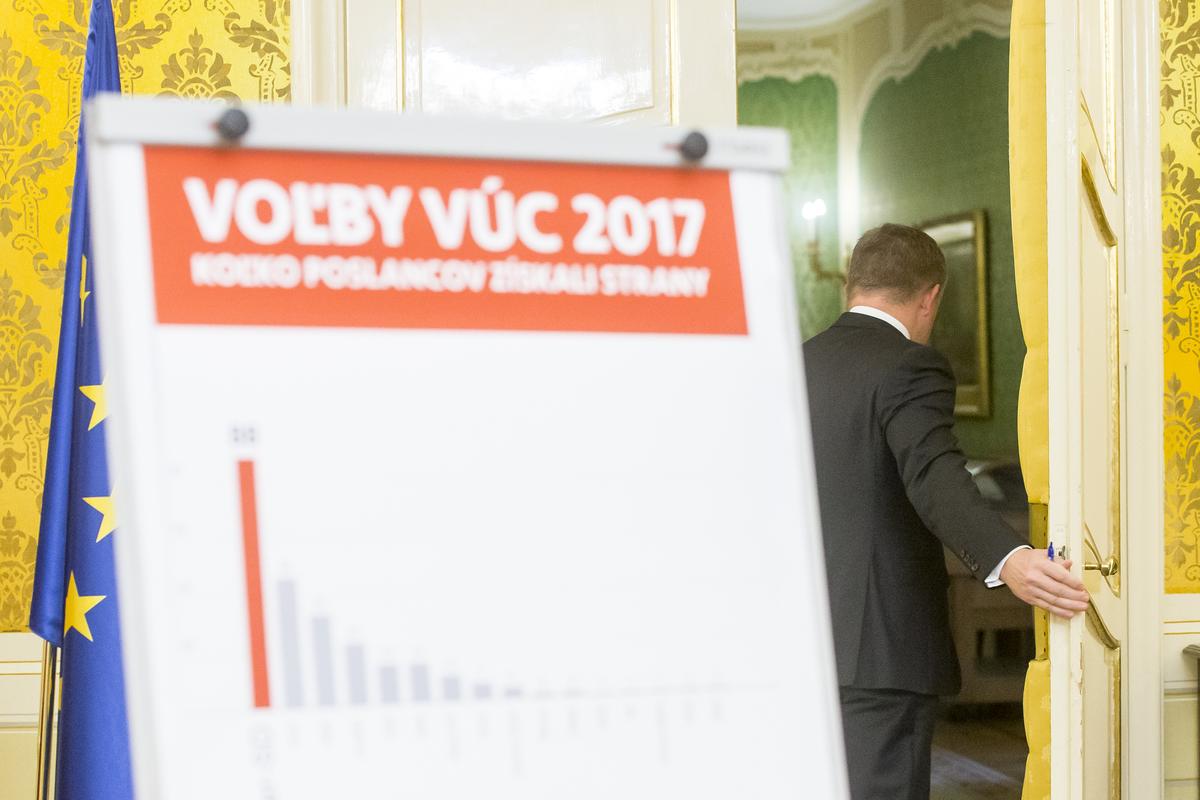Kevin Deegan Krause and Tim Haughton, two political scientists who are now writing a book about the steep rise and subsequent decline of major political parties, inspired by Slovak politics, explain why former prime ministers Mečiar and Dzurinda could not keep their parties alive, and what Smer needs to do in order to avoid the fate of his predecessors.
The Slovak Spectator (TSS): The regional election results have confirmed a declining trend in support for Smer. Is the still strongest party doomed to losing voter support in the years to come, and end up like HZDS or SDKÚ?
Kevin Deegan-Krause and Tim Haughton in their joint research focus on the dynamics of domestic politics in Europe, especially in Slovakia and the Czech Republic. They are currently writing a book entitled “The New Party Challenge”, to be published by Oxford University Press.
Kevin Deegan-Krause (KDK): Doomed is a difficult question. Certainly Slovakia’s recent experience has been that the big, successful parties die off, and so do most of the little ones. This has been the experience of the region as a whole. Aside from Hungary and Romania you have to look pretty far in the region to find a party that’s been around since the beginning and still remains important. That doesn’t mean Smer is about to die, but it does mean that the odds are against the very long term survival of parties.
TSS: So is it possible for Smer to reverse the declining trend?
Tim Haughton (TH): It’s very normal for parties in power to lose mid-term and second order elections. This is a challenge. Smer is capable of responding to that challenge but it requires a possible change of direction. It’s capable of bouncing back but it has to focus on the things that keep parties resilient.
TSS: What are those things?
KDK: In our research, we’ve found that parties tend to survive when they’ve done three things: become the party that represents a clear, and relatively popular, position on a main issue, organise well in society, and be able to change leaders when the leader becomes unpopular. HZDS did the first, but could not adapt when the issue shifted, did the second well, but could not do the third. SDKÚ did the first rather well, did not spend much time on the second and while it did manage to change leaders, it came too late.

Smer has done fairly well on both the first and the second (after a big shift in the early 2000’s when it moved to the left and incorporated SDĽ) and this helps account for its longevity, but the real test will be whether it can survive the third. As long as the party cannot move beyond its first leader, it cannot easily survive the slow fading of electoral charms encountered by all politicians, however bright and energetic they may start. Parties not unlike Smer have survived in the region but only when the early leaders have relinquished their ownership and allowed the party to renew itself from within.
TSS: So does that mean the time has come for Robert Fico to leave?


 Robert Fico claims that Smer won the regional elections because it is the party with the most chairs in regional councils. (source: Sme)
Robert Fico claims that Smer won the regional elections because it is the party with the most chairs in regional councils. (source: Sme)